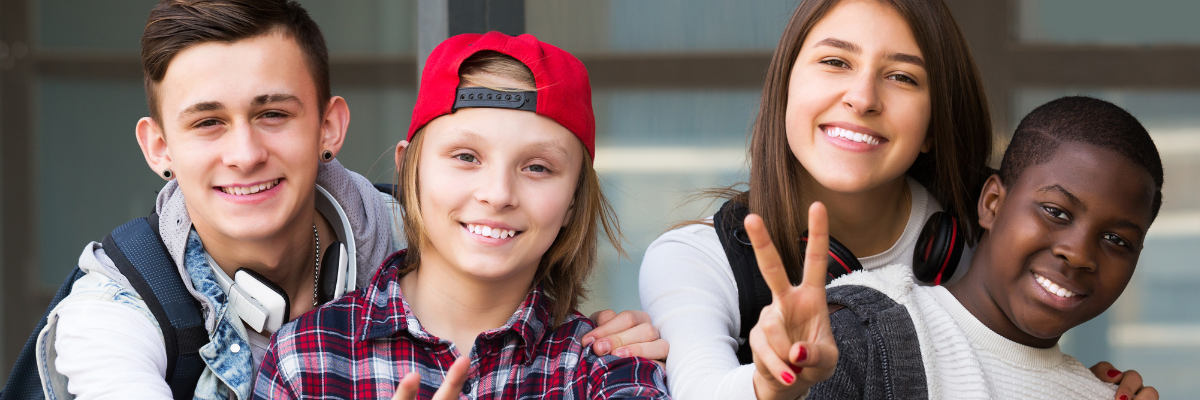Carolina Therapy Connection’s First Neuro-diverse Hangout Night!
Carolina Therapy Connection is so excited to announce that our first neuro-diverse hangout night will be on July 15th at 6:30 PM. This all inclusive hangout group is designed for pre-teens/young adults interested in engaging in shared experiences, positive peer relations and having fun! Leading this awesome group will be our friend Fiona Holler. Fiona is a 17 year old girl who is willing to share her experiences growing up with Autism Spectrum Disorder. She loves to help others and her goal is to spread awareness. For our first hangout night, we have 10 spots available for those between the ages of 11 and 18 years old. If you miss out on the first one, don’t worry! We plan to continue having these hangout sessions in the future. Click HERE to sign up!
What can I expect for the neuro-diverse hangout night?
Fiona has planned to begin the session with introducing the surroundings. This will include snacks and making sure everyone has an understanding that it is a judgement free zone. You are free to stim, tic, and sit anywhere that you are comfortable! Fiona would also like to engage all participants in introducing themselves, sharing their likes and dislikes, sharing challenges they have faced, discussing strengths and similar interests and much more!
Here are a few ground rules for this hangout:
-
- This is a judgement free zone – please do not make fun of others or make inappropriate or rude comments. This is the opposite of the purpose of this group!
- Everyone who wishes to speak is allowed to have their own turn to speak as long as it is appropriate and polite.
- Please be mindful of others – some people may have different needs than you. Be kind and accepting!
- If you don’t wish to share something you don’t have to – this is a safe place for everyone!
- Please be encouraging and kind to the people around you – we will have a better experience when we are accepting of everyone!
- Anything that anyone shares in this group that they wish to keep private stays in this group.
What are the benefits of a neuro-diverse hangout?
People on the spectrum and their families benefit greatly from autism support groups and hangouts. Support groups and hangouts like this one can provide people with a space in which they can swap stories, share information, ideas and tips to help manage different parts of their lives, or simply enjoy being with people who have had similar experiences. Another benefit of support groups is that through these groups, parents who are present can learn about new resources, therapies, services, and most importantly create lasting friendships with other parents who are going through the same things as them. The greatest benefit of all is that everyone gets to have fun and feel good! Our greatest goal for this hangout night to make everyone feel comfortable and leave feeling better than they came. If you have any suggestions or questions about our neruro-diverse hangout night, call our clinic at 252-341-9944! We can’t wait to see you soon!




